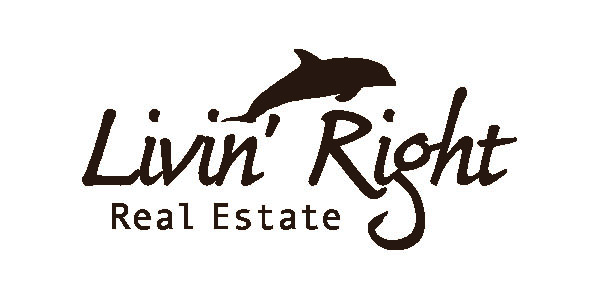How to buy a home when you already own one
 Copyright © 2017 The Associated Press, Deborah Kearns. All rights reserved. This material may not be published, broadcast, rewritten or redistributed. This article was provided to The Associated Press by the personal finance website NerdWallet.
Copyright © 2017 The Associated Press, Deborah Kearns. All rights reserved. This material may not be published, broadcast, rewritten or redistributed. This article was provided to The Associated Press by the personal finance website NerdWallet.
NEW YORK – Feb. 24, 2017 – You've found the perfect new home for your family, but your current house hasn't sold yet. You can't afford to carry two mortgages, or maybe you were counting on money from your sale to help with the downpayment and closing costs.
Before you let that dream home slip away, consider these strategies to help bridge the transition:
Make an offer that's contingent on the sale of your house
A seller may be persuaded to accept your offer with the caveat that you'll have to sell your house before closing on theirs. You'll strengthen your chances of getting a seller to take a chance on you if you can show that your home is priced properly and has a solid marketing strategy, says real estate broker Dayolin Pratt with Re/Max Advantage Plus in Minnetonka, Minnesota. Successful contingency offers depend on good communication between the real estate agents representing both sides, Pratt adds. It's up to you and your agent to reassure the seller that the closing won't be delayed.
Obviously, in hotter housing markets with potentially multiple bids, it can be harder to get sellers to accept such an offer.
Offer the seller a rent-back option
One way to buy yourself extra time to complete your sale is to offer to buy the new house, then rent it back to the seller after closing, Pratt says. A rent-back agreement is typically for just a month or two. But this arrangement can give sellers extra time to move – or to find a new house of their own – while putting a little money in your pocket and keeping you from having to pay two mortgages at once.
Tap the equity in your current home
If you have a high credit score and considerable equity in your house, you could free up some of the latter with a home equity line of credit. A HELOC lets you use up to 85 percent of your home's value, less the balance remaining on your mortgage, and is fine-tuned based on your credit profile and income. Most HELOCs have a variable interest rate, so it's in your best interest to pay off the loan as soon as your current home sells.
This strategy may let you buy a house before you sell, but it's not a last-minute option. A HELOC requires an appraisal, income verification and a thorough credit check, so it takes time — generally 30 days or more — to qualify, says Tim Beyers, mortgage analyst with American Financing in Aurora, Colorado. If you're thinking of going this route, make sure you run the numbers with an expert upfront, Beyers says.
To qualify for the new loan, a lender will evaluate your current mortgage payment, plus the HELOC payment and your new monthly mortgage payment, to calculate your debt-to-income ratio for the new mortgage approval, Beyers says. If your income is high enough to have a debt-to-income ratio below 40 percent with all those payments and other monthly expenses taken into account, only then should you consider a HELOC, he adds.
"Once you start dipping into your home's equity, that changes the equation when you apply for a new mortgage," he explains. "Taking too much out can hurt your qualification chances on a new mortgage. Don't make an offer, then try to scramble to do the math."
Add a HELOC to your new mortgage
With this strategy, you break up the financing on your new home with a first mortgage for the amount you need, plus a HELOC to make up the difference in your shortfall for a downpayment, says Elise D. Leve, senior mortgage banker at Citizens Bank in New York.
Once you sell your current home, you can pay the HELOC portion off in full and end up with the single mortgage you wanted in the first place, Leve says.
